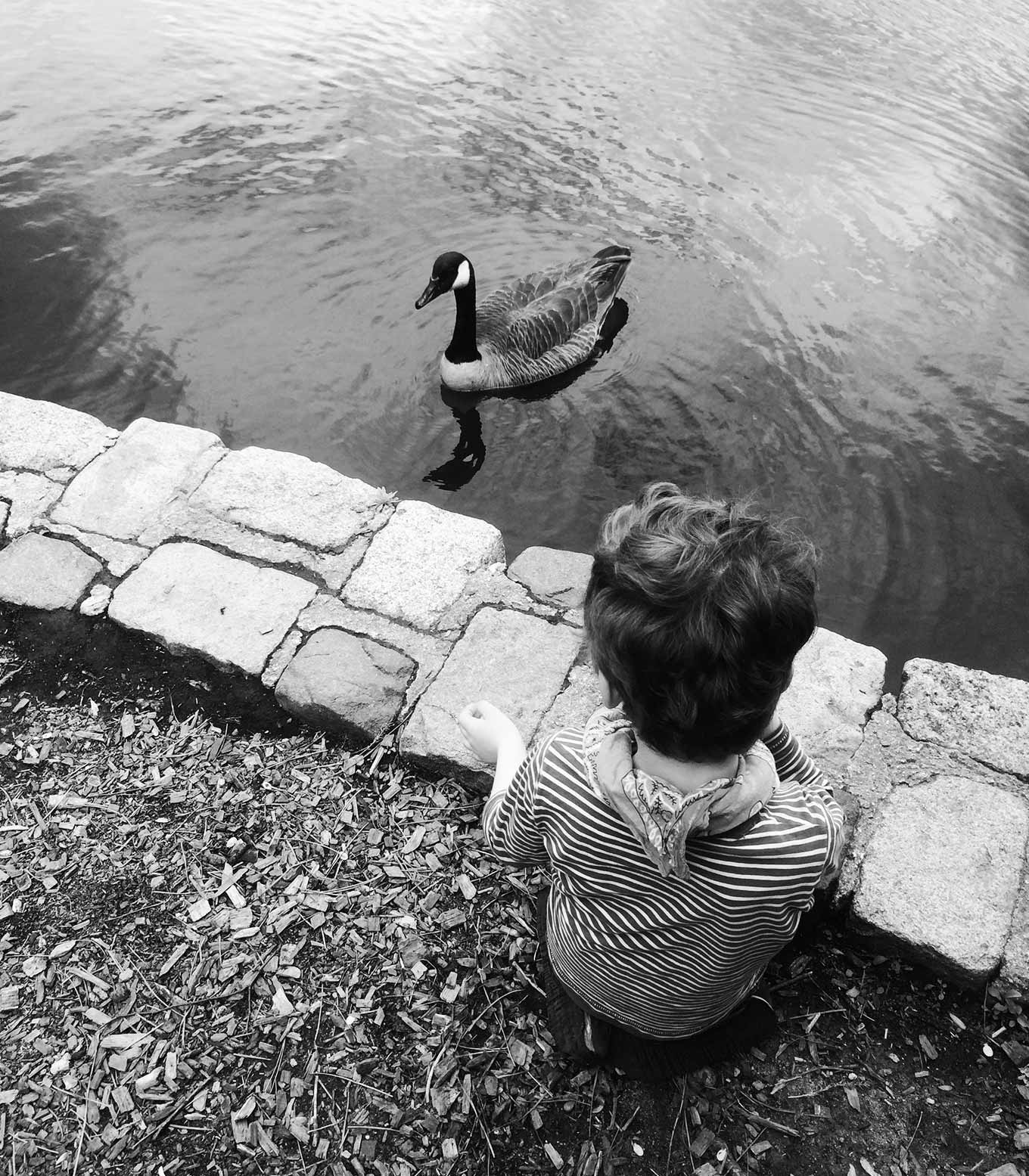
I started writing this blog to give something back.
When C was first diagnosed with autism, I wanted to learn as much as I could. A big part of my research included reading ASD parent blogs, some of which were so helpful that, after a while, I felt I might like to share what I was learning, too.
Over time, however, I was reading fewer parent blogs and more blogs written by people with autism. As my son is still young, hearing from older people with autism was revelatory and inspiring.
And so lately I've been wondering, whose journey is this, anyway?
As someone who now follows autism closely — including the political, social, scientific, financial, and philosophical perspectives — I feel the focus is still mostly on us parents and what we go through, and not enough on the people who actually have autism.
Or, as Tommy Christopher recently put it, "Autism is not about you, Jenny McCarthy, Joe Scarborough, Autism Speaks, autism parents, and shitty reporters. It’s not about how hard your lives are, or what saints you are for not murdering them, or what bogus science you’re spreading. It is about the children with autism, and the adults that they become. If you love someone with autism, if you care at all about them, you need to fix yourselves. A good place to start would be to listen to them."
I'll continue to share my experiences as a parent, some of which are difficult. But as I write about this journey, I want to be careful to make it clear that this is not a tragedy, and we are not victims. Yes, the system is broken. Yes, there are challenges, just as there are challenges in any life. Yes, I have fears and frustrations.
But mostly I'm happy because my son is awesome, and on a daily basis I consider myself damn lucky to be his dad.
...
I started writing this blog to give something back.
I wanted to help parents just as I'd been helped by others. That hasn't changed. But what I've come to realize, and what I hope to share with others, is the perspective that what matters most isn't us parents, but our children...our children who will become teenagers and then adults.
This is their journey, and we're just along for the ride.
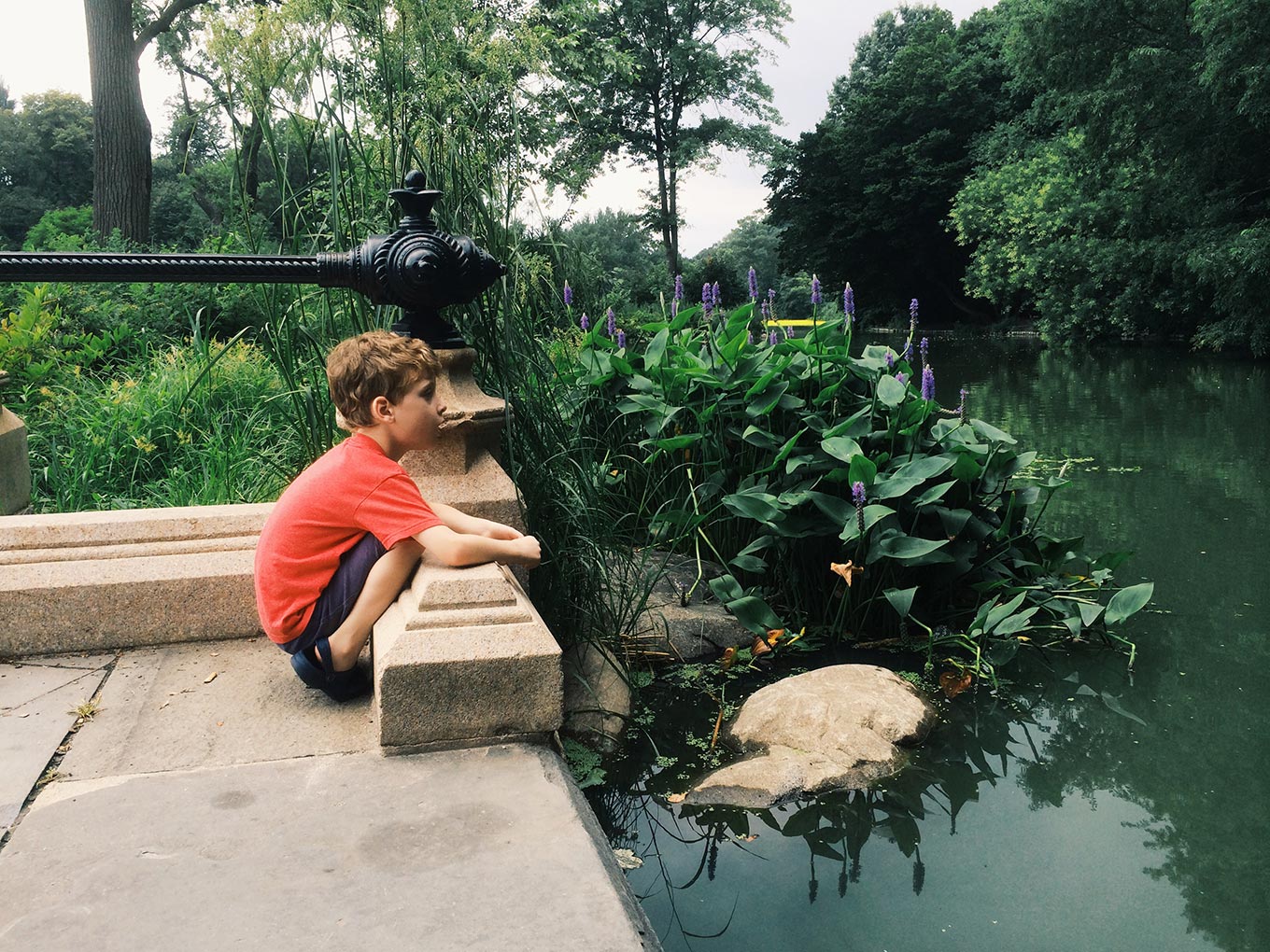 I've written about this before, recently even. But it's worth repeating.
I've written about this before, recently even. But it's worth repeating.

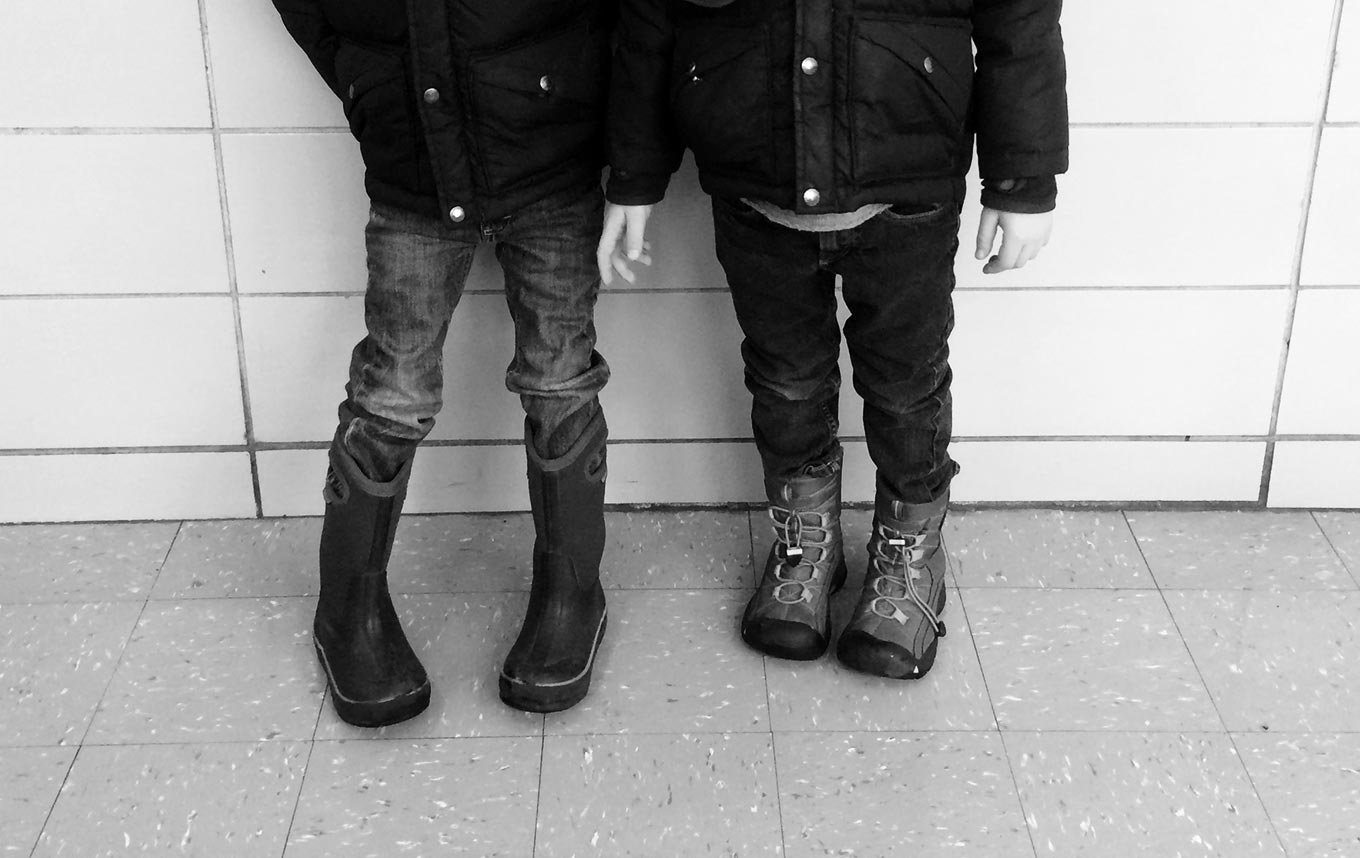 I read and answer questions in various autism-related communities. Recently, someone in one of those communities asked me to respond to this question:
I read and answer questions in various autism-related communities. Recently, someone in one of those communities asked me to respond to this question: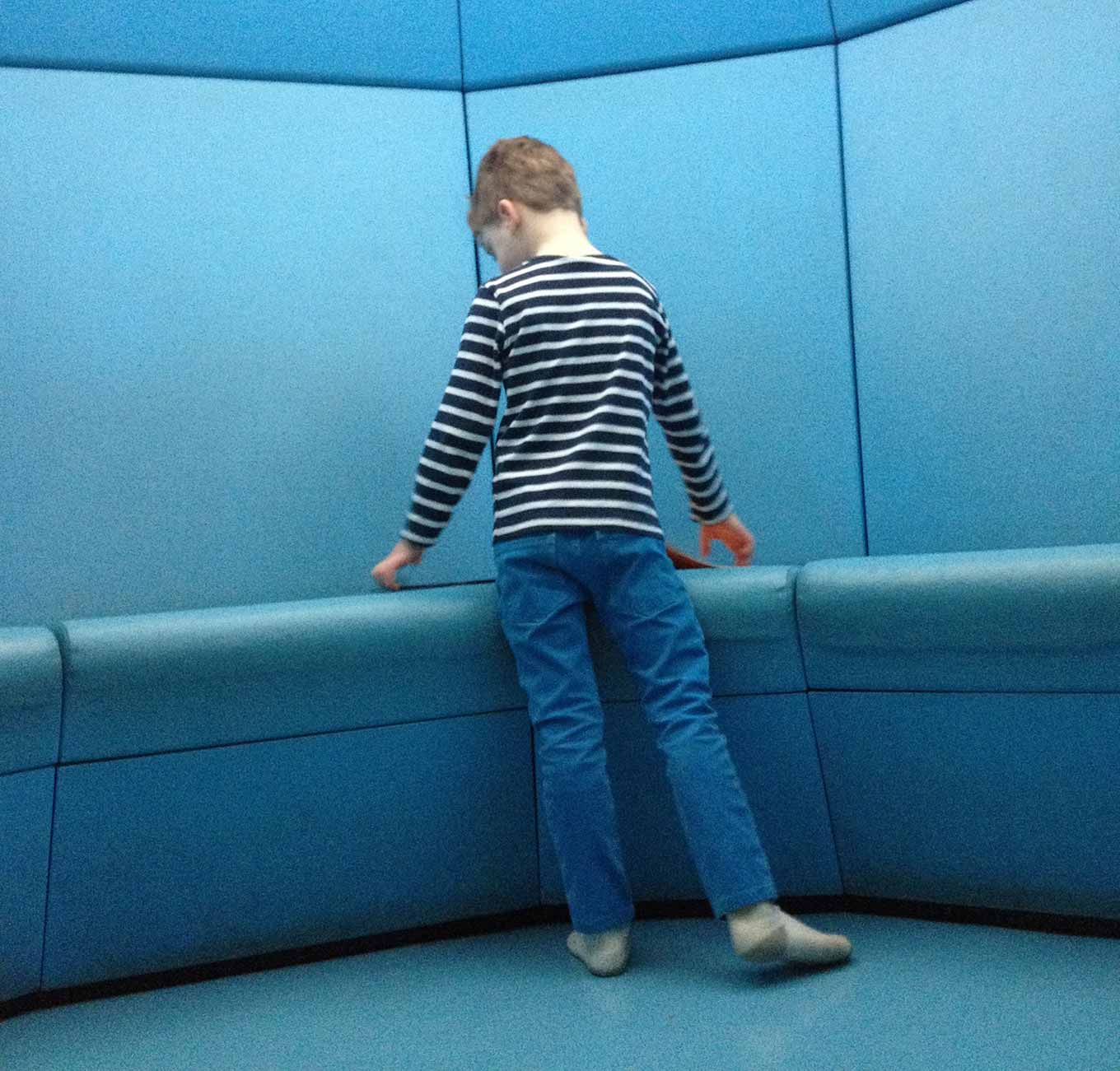 Today is
Today is 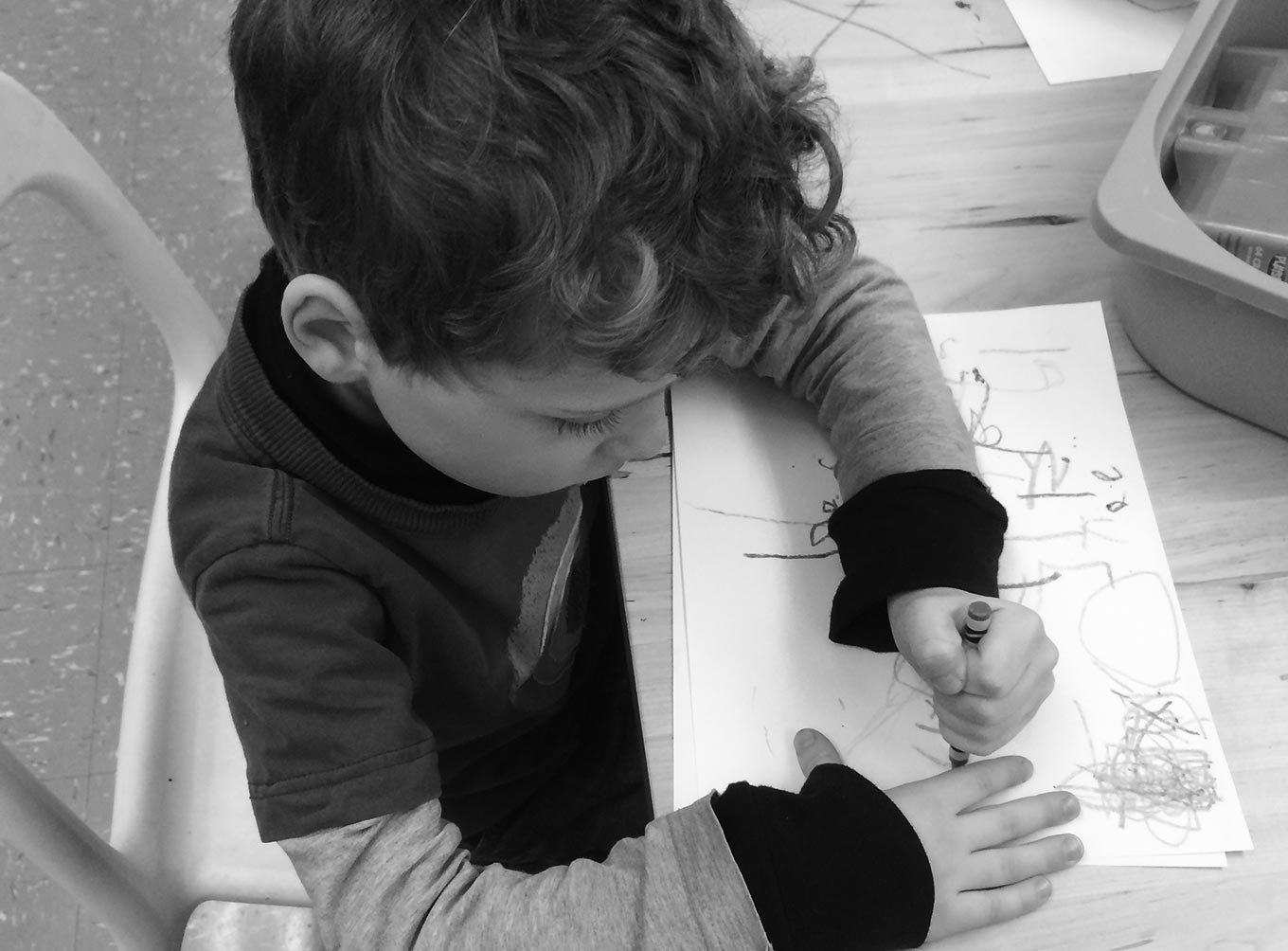 This year, unlike years past, we asked our twins to help create a guest list for their birthday party. M, our neurotypical guy, had a ready list of friends and classmates. In fact, he had more than we could reasonably accommodate.
This year, unlike years past, we asked our twins to help create a guest list for their birthday party. M, our neurotypical guy, had a ready list of friends and classmates. In fact, he had more than we could reasonably accommodate.